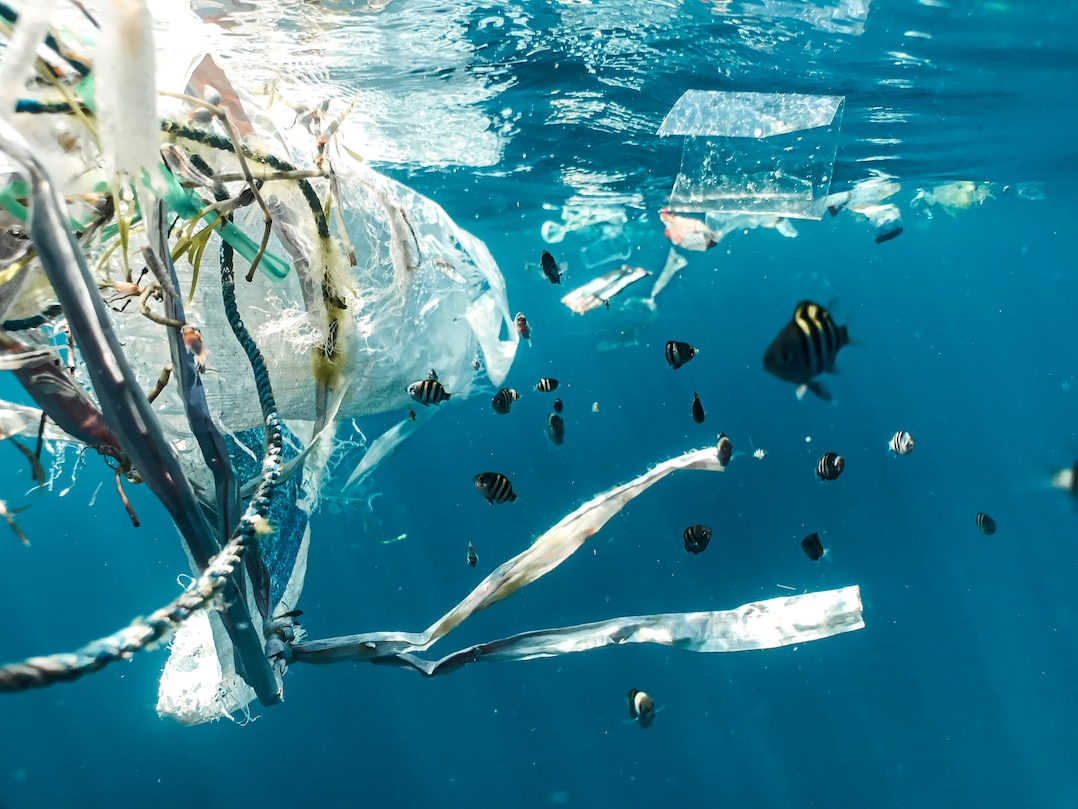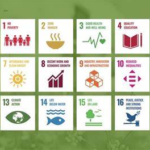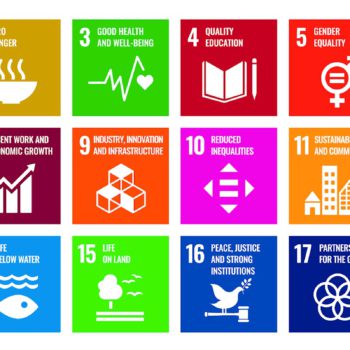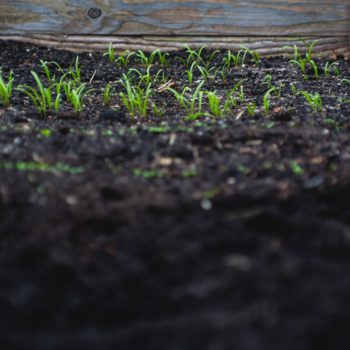|
|
Imagine this: every year, a staggering 2.01 billion tons of trash pile up around the world, like a mountain of waste we can’t ignore. And guess what? Experts predict that this gigantic heap of garbage is set to grow even larger, reaching a mind-boggling 3.40 billion tons by 2050. It’s a wake-up call to the importance of waste management in our modern era.
This article will discuss the benefits of zero waste and its sustainability concept that aims to reduce waste generation and minimize the environmental impact of waste management.
What Does Zero Waste Mean?
Zero waste, in its simplest definition, means producing no waste. Its philosophy and lifestyle promote the conservation of all resources and strive to minimize waste generation. Creating a Zero Waste city requires input from various research areas like smart cities, recycling, and eco-friendly transportation.
The concept of Zero Waste involves reusing everything instead of tossing it, which is a smart way to handle trash issues. However, making a Zero Waste city is tough because we must grasp what goes in and out, how long things stay, and what harms the environment in terms of air, water, and land pollution.
It involves rethinking the way we consume and dispose of resources by means of responsible production, recycling, and composting. The goal of zero waste is to strive for a waste-free society where all resources are conserved and diverted from landfills and incinerators.
Benefits of Zero Waste
There are several benefits to embracing a zero-waste lifestyle. Firstly, it helps reduce the environmental impact of waste production and disposal. By diverting waste from landfills and incinerators, it reduces the release of harmful greenhouse gases, such as methane, contributing to climate change.
Secondly, it conserves valuable resources by promoting the reuse of products and materials. This reduces the need for extracting and processing raw materials, resulting in energy and resource savings.
Lastly, zero waste encourages community involvement and fosters a sense of environmental responsibility.
Principles of Zero Waste
The principles of zero waste involve following a set of guidelines and practices to achieve the goal of producing no waste. These principles include:
- Refuse single-use plastic and disposable items
- Reuse products and materials whenever possible
- Recycle materials that cannot be reused
- Compost organic waste to enrich the soil
- Reduce waste generation by consuming less and making conscious purchasing decisions
How Does Zero Waste Work?
To achieve zero waste, taking specific steps and implementing sustainable practices at the household and business levels is important.
Steps to Achieve Zero Waste
The journey towards zero waste begins with understanding the individual waste generation and making conscious efforts to reduce it. This can be done by implementing the 5 R’s: Refuse, Reduce, Reuse, Recycle, and Rot (compost).
Individuals can significantly minimize their waste footprint by refusing single-use plastic and unnecessary items, reducing consumption, reusing products, recycling materials, and composting organic waste.
Implementing zero Waste in Households
Implementing zero-waste practices in households involves adopting sustainable habits and making conscious choices. Switching to reusable alternatives, such as cloth bags, stainless steel water bottles, and reusable food containers, can significantly reduce the use of single-use plastic. Additionally, segregating waste for recycling and composting can help divert a significant amount from ending up in landfills.
Watch these simple tips you can apply at home: https://youtu.be/y2iZlu-k9Z8
Zero Waste Practices in Businesses
Businesses can also play a crucial role in achieving zero waste by implementing sustainable practices in their operations. This includes minimizing packaging waste, implementing recycling programs, and encouraging employees to use reusable products. Businesses can reduce costs, enhance their reputation, and contribute to a healthier environment by working towards zero waste.
Why is Recycling Important in Zero Waste?
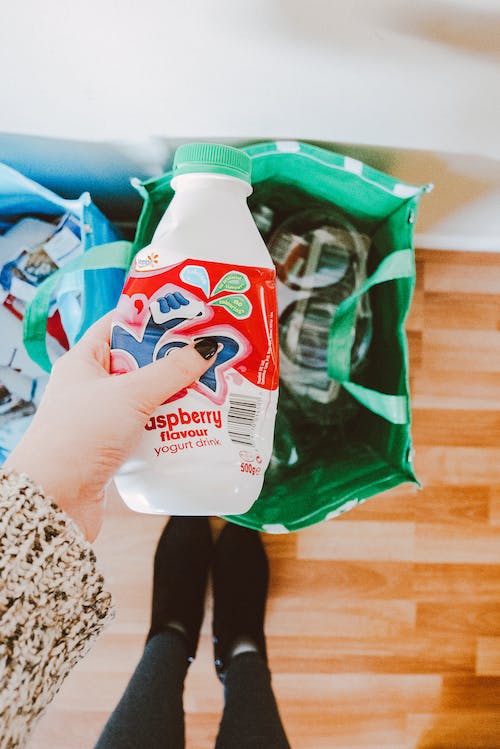
Recycling is vital in the zero-waste movement as it helps divert waste from landfills and conserves valuable resources.
Benefits of Recycling
Recycling helps conserve energy and raw materials by reducing the need for extracting and processing virgin resources. It also reduces the environmental impact of waste disposal by reducing greenhouse gas emissions and saving landfill space. Recycling also supports the economy by creating jobs in the recycling industry.
Recycling Tips and Best Practices
It is essential to follow some best practices to maximize the effectiveness of recycling. This includes properly sorting recyclable materials, cleaning them before recycling, and avoiding contamination. Recycling centers and municipalities often provide guidelines on how to recycle correctly, and it is essential to follow them to ensure the materials can be processed appropriately.
Challenges in the Recycling Process
While recycling plays a crucial role in waste management, it comes with its own challenges. Contamination of recyclable materials, inadequate infrastructure and facilities for recycling, and the lack of consumer awareness about proper recycling practices are some of the challenges that need to be addressed for effective recycling.
What can be Composted in a Zero-waste Lifestyle?
Composting is an integral part of the zero-waste lifestyle as it allows organic waste to be transformed into nutrient-rich compost that can be used to enrich the soil.
The Importance of Composting
Composting helps in reducing the amount of organic waste that goes to landfills, which it contributes to the production of harmful greenhouse gases. By composting food scraps, yard waste, and other organic materials, individuals can create healthier soils and reduce their environmental impact.
Compostable Materials
Several materials can be composted in a zero-waste lifestyle, including fruit and vegetable scraps, coffee grounds, tea bags, eggshells, yard waste, and paper products, such as napkins and cardboard. It is important to ensure that compostable materials are free from contaminants, such as plastic or metal, to maintain the compost quality.
Tips for Composting at Home
Composting at home can be done using a compost bin or a backyard composting system. It is essential to balance green (nitrogen-rich) and brown (carbon-rich) materials in the compost pile. Regular turning and proper moisture levels are also important to ensure efficient decomposing. By composting at home, individuals can significantly reduce their organic waste and create a valuable resource for their gardens.
Check out this cool video about composting:
How to Reduce Single-use Plastic in a Zero-waste Lifestyle?
Single-use plastic, such as plastic bags, bottles, and packaging, contributes to environmental pollution and waste. Reducing its usage is crucial in achieving a zero-waste lifestyle.
The Impact of Single-use Plastic
Single-use plastic has a significant impact on the environment. It contributes to the pollution of oceans and waterways, harms wildlife, and takes hundreds of years to break down. Individuals can contribute to preserving natural resources and protecting the planet by reducing the consumption of single-use plastic.
Alternatives to Single-use Plastic
There are several alternatives to single-use plastic that individuals can incorporate into their daily lives. This includes using reusable bags and water bottles, opting for glass or stainless steel containers instead of plastic ones, and choosing products with minimal packaging. By making these small changes, individuals can significantly reduce their plastic waste.
Encouraging Others to Reduce single-use plastic
Creating awareness about the harmful effects of single-use plastic and educating others about sustainable alternatives is an important step in reducing its usage. By leading by example and advocating for change, individuals can inspire others to adopt a zero-waste lifestyle and positively impact the environment.
FAQs
Zero Waste is a philosophy that aims to eliminate waste and reduce the amount of resources thrown away. It promotes sustainable practices and encourages the reuse, recycling, and composting of materials instead of sending them to landfill.
Zero Waste aims to minimize the amount of waste that goes to landfills and incinerators. It aims to create a circular economy where resources are used efficiently and waste is reduced, reused, and recycled.
Food waste refers to the discarded or uneaten food that is thrown away. It is a significant issue as it contributes to environmental problems, including the emission of greenhouse gases and the waste of resources used in the production and transportation of food.
Being plastic-free means avoiding single-use plastics and reducing plastic consumption. It involves finding alternative plastic products and choosing reusable and sustainable options.
A zero-waste diaper is a reusable diaper made from eco-friendly materials. It aims to reduce the environmental impact of traditional disposable diapers, which contribute to landfill waste.
A biodegradable product is one that can break down and decompose naturally in the environment. It is made from materials that can be broken down by microorganisms and bacteria, reducing the waste burden on landfills.
A dumpster is a large container used for collecting and storing waste. It is often placed in public areas or commercial establishments to temporarily store waste before it is collected and taken to a landfill or recycling facility.
Zero waste products are items that are designed with sustainability in mind. They are often made from eco-friendly materials, are reusable or compostable, and aim to minimize waste throughout their lifecycle.
Disposable cutlery is designed for single-use and is typically made from plastic. Reusable cutlery, on the other hand, is meant to be used multiple times and is often made from materials like stainless steel or bamboo.
Waste diversion refers to efforts and practices that aim to divert waste materials from landfills and incinerators. This can include recycling, composting, and reusing items to extend their lifespan and reduce the overall waste generated.
Conclusion
Amidst waste’s challenges, Zero Waste shines as a sustainability beacon. This concept transforms resource dynamics, minimizing waste through responsible practices. By recycling, composting, and more, Zero Waste forges a society that reduces waste and diverts resources from landfills.
Imagine a waste-free world. Zero Waste’s core principles—refuse, reduce, reuse, recycle, compost—drive this vision. Embracing reusables and recycling sparks benefits: lower emissions, renewed resources, and an environmental ethos. Through personal and collective action, we reshape waste, valuing resources and shaping a waste-free future.
